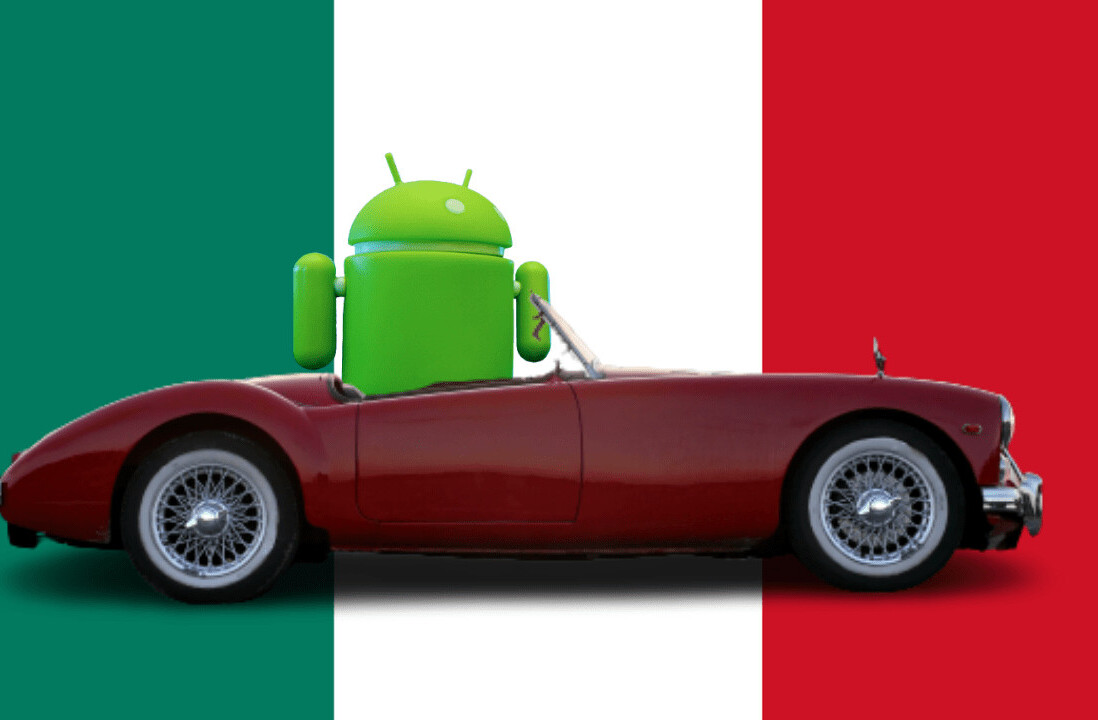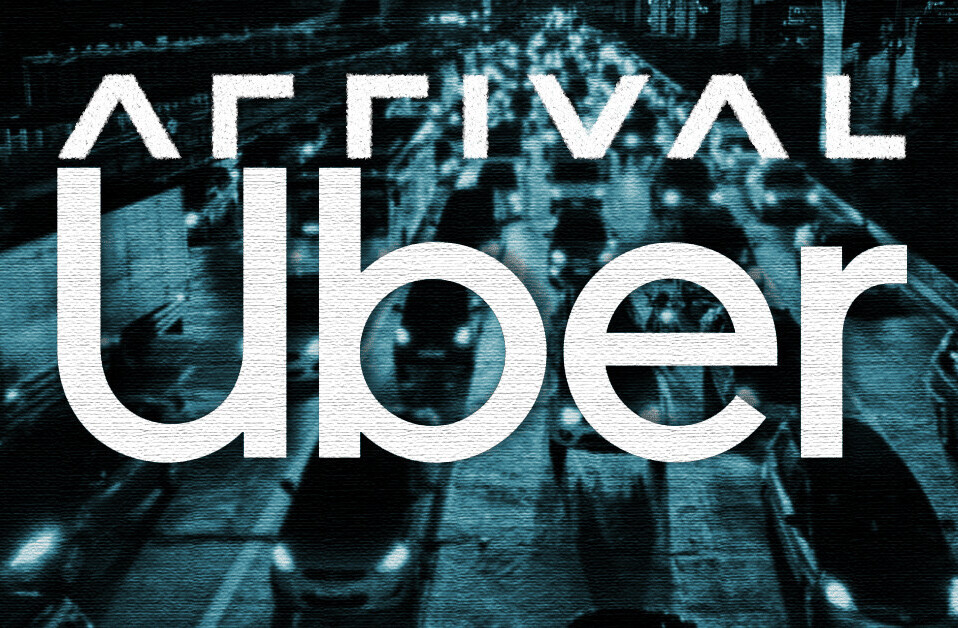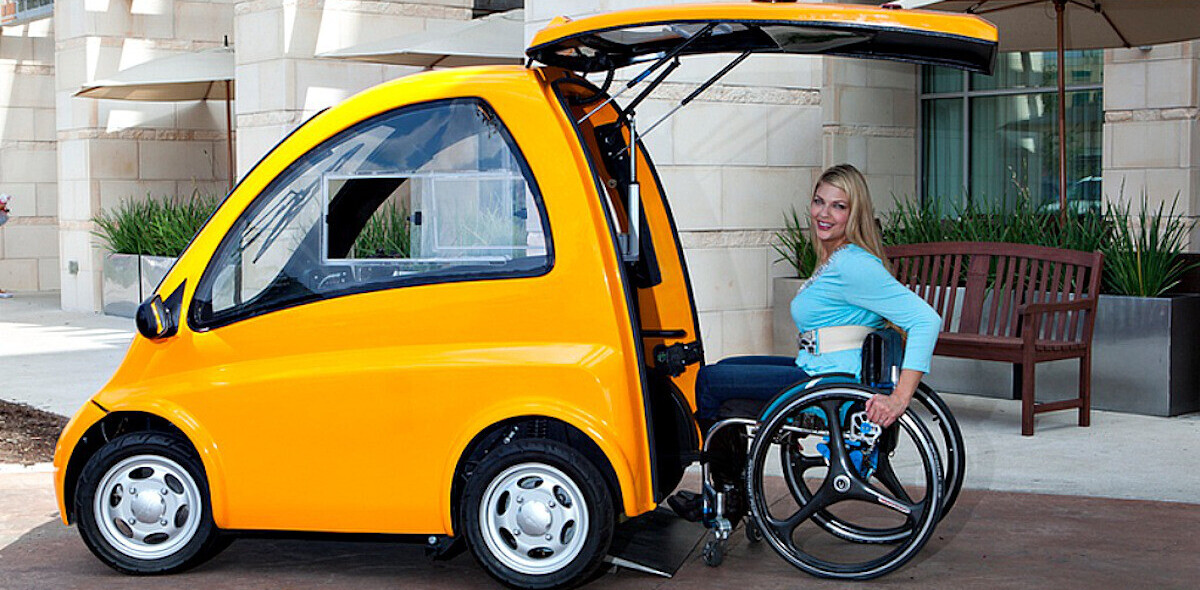
There are over 100 Guinness World Records in the electric vehicle category — anything from the greatest distance on a single charge to the longest journey in a single country.
But one achievement you won’t find there is Dutchman Wiebe Wakker’s impressive 100,450-kilometer road trip from the Netherlands to New Zealand, which holds the record for the world’s longest electric car journey.
Whether you’re fixing to break records or just to embark on a humble weekend getaway, preparation is a crucial part of every EV voyage, which is why we tapped Wakker for advice on planning the perfect road trip.
The three pinnacles of EV road tripping
According to Wakker, the first three factors to consider before every journey are distance, charging stations, and charging speed. It goes without saying that these will vary based on your destination and electric car model, so make sure to crunch the numbers carefully.
“When you’re on a road trip, it’s about finding the right mix between convenience, having fun, and getting to your destination,” the Dutchman told SHIFT.
One way to combine fun with convenience, Wakker shares, is to plan charging stops around landmarks, museums, and other popular tourist attractions. In fact, he would often pick sightseeing spots depending on whether there are charging stations nearby. That way, he can go explore the surrounding area while his car is getting juiced up.
Range is key
In 2016, when Wakker undertook his 100,000-kilometer trip, one of the biggest difficulties he encountered was the lack of proper charging infrastructure in certain countries. Fortunately, things have vastly improved since then, with more than 1 million charging locations available across the globe.
Still, if there’s a scarcity of charging points on your route, one thing you’ll have to be cautious of is the range of your vehicle.
For instance, if you’re cruising in the new Polestar 2 long-range variant, which boasts a range of 540 kilometers (or 335 miles), and you’re planning to cover a distance of 1,800 kilometers (1,118 miles) on your next road trip, you’ll have to factor in at least three charging pauses.
That said, if you find yourself in a gap between two stops which is longer than your vehicle’s range, there are a few things you can do to maximize your battery’s life.
One is to save energy by turning off the air conditioning system and shutting off the music. Another solution is to look up your vehicle’s most efficient speed and maintain that pace throughout your trip. One-pedal driving (also known as regenerative braking), is another technique you can use to actually recuperate lost energy into your battery.
If that still proves insufficient, your last resort is to wait for tailwind. In fact, Wakker recounts that once he had to wait 12 hours for tailwind. “I had to cover 255 kilometers while my car’s max range is 200 kilometers.” he told SHIFT. “But this situation is really for the extreme adventurous EV drivers.”
Make sure you’ve got the right tools (and apps)
When I asked Wakker about the one tool he’d recommend each EV road tripper should pack in their trunk, I expected a portable charging station could come in handy. Instead, the answer was much more simple. “A smartphone,” he said. “Because you can download all the required charging apps and you can play games or go on social media to kill some time.”
“I always use apps to plan my route,” the Dutch traveler adds. “That I can’t do without.”
Wakker’s app of choice is PlugShare (available on Android and iOS), which he describes as sort of a TripAdvisor for charging stations. “This app has the most complete and accurate database of charging stations worldwide,” he explains. “Any user can add a charging station when they spot one, and users can add photos and review stations.” Another helpful feature is the ability to filter stations suitable for your specific model.
He also likes PlugSurfing (available on Android and iOS), which shows whether a charging station is occupied in real-time — a nifty feature that’ll help you avoid waiting for a station to free up. Unfortunately, its database isn’t as extensive as PlugShare’s.
While it’s always good to keep a smartphone around, it’s worth noting that some EVs, like the Polestar 2, come with built-in infotainment systems powered by Android. The benefit of that is you can run any of the abovementioned apps straight from your car’s system.
Android-powered vehicles are also readily integrated with Google’s mobility services like Android Auto and Google Maps, which recently added the functionality to display charging stations and suggest eco-friendly routes.
Cherish the experience
Thanks to the constantly improving charging infrastructure worldwide, EV road trips these days are in many ways similar to the experience of traveling with conventional internal combustion engine vehicles.
Sure, you might have to make a few compulsory charging stops to get to your final destination, but the upside to that is that each stop is an opportunity to collect new experiences and make new encounters.
Wakker seems to share this philosophy, too. When I asked him about his fondest memories, he didn’t take long to tell me what he cherished most from his 100,000-kilometer adventure: “The unique encounters with people.”
“I stayed with hundreds of locals, learned about their culture and life, and really got to know their countries because of that,” the Dutchman adds.
In the end, the secret ingredient to planning the perfect road trip is to keep living in the moment — one charging stop at a time.
Get the TNW newsletter
Get the most important tech news in your inbox each week.






